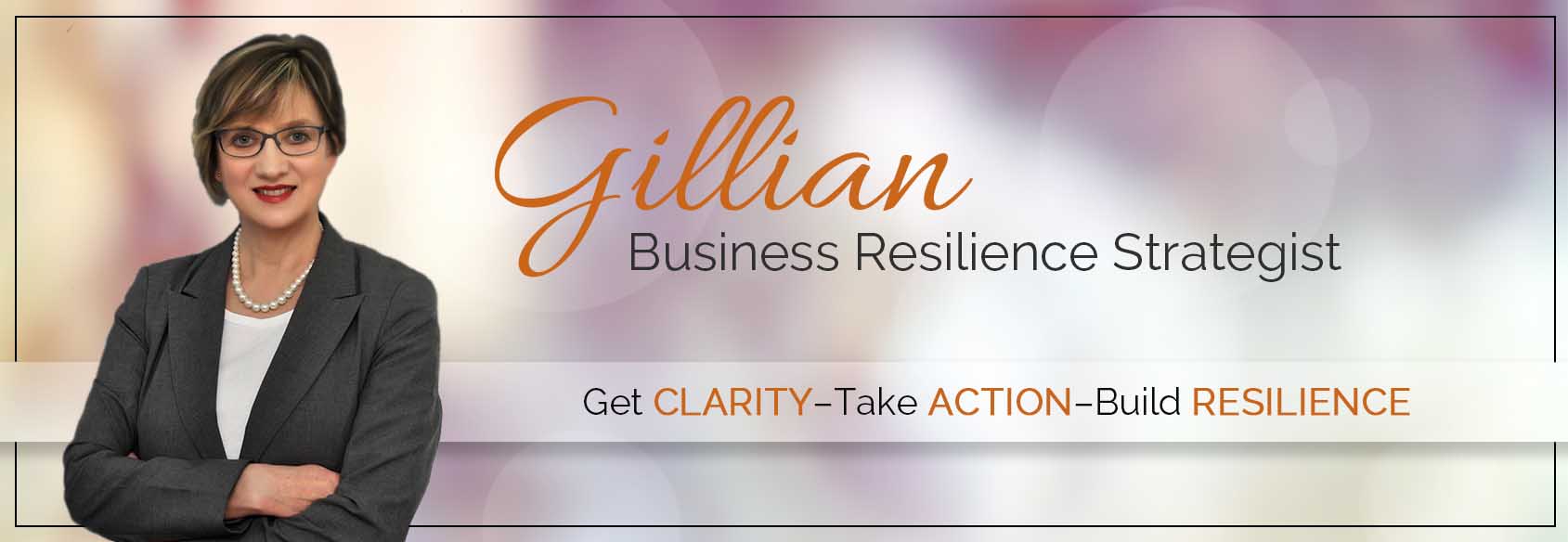What is Business Resilience and why does it matter ?
There are various definitions of business resilience – these are some that I consider really encapsulate what business resilience is all about:
Resilience refers to an organisation’s ability to respond positively to adversity. A highly resilient organisation is more adaptive, competitive, agile and robust than less resilient organisations and may rebound from adversity strengthened and more resourceful (Denyer, 2017). Resilience in SMEs – Maria Wishart –Enterprise Research Centre and Warwick Business School, SOTA Review No 15: December 2018
ISO 22316: Security and Resilience – Organizational Resilience Principles and Attributes.
Organizational resilience is the ability of an organization to absorb and adapt in a changing environment to enable it to deliver its objectives and to survive and prosper. More resilient organizations can anticipate and respond to threats and opportunities, arising from sudden or gradual changes in their internal and external context. Enhancing resilience can be a strategic organizational goal, and is the outcome of good business practice and effectively managing risk. An organization’s resilience is influenced by a unique interaction and combination of strategic and operational factors. Organizations can only be more or less resilient; there is no absolute measure or definitive goal.
From BSI 6500- 2014 Organizational Resilience is “the ability of an organization to anticipate, prepare for, respond and adapt to incremental change and sudden disruptions in order to survive and prosper”. It reaches beyond risk management towards a more holistic view of business health and success. A resilient organization is one that not merely survives over the long term, but also flourishes – passing the test of time. It is not a one-off exercise, but achieved over time and for the long-term.
Erica Seville in Resilient Organizations: We need organizations that proactively identify and manage the risks that can be anticipated, but also invest in capabilities to cope with events that cannot be anticipated. We need organizations that are capable of sensing changes in their operating environment, can quickly grasp the implications of those changes for their organization, and are agile and strategic in their response. Thee will be the organizations that thrive in the rapidly changing environments of the future.
Dimensions of Business Resilience
In my lengthy, international experience of working in organisations of various sizes across a variety of sectors I firmly believe that business resilience has the following dimensions:
-
Regular monitoring of the external environment to detect threats (and opportunities)
-
Planning for the impacts that different crises could have on the organisation
-
Developing an agile, innovative organisational culture that enables it to adapt to a crisis and pivot if necessary
-
Diversified sources of income
-
Knowing clients and target customers extremely well
-
Building strong support systems among a local and/or virtual business community
-
Appropriate and timely Communications – internally and externally
-
Robust supply chains
-
Strong financial management
Get Clarity – Take Action – Build Resilience
